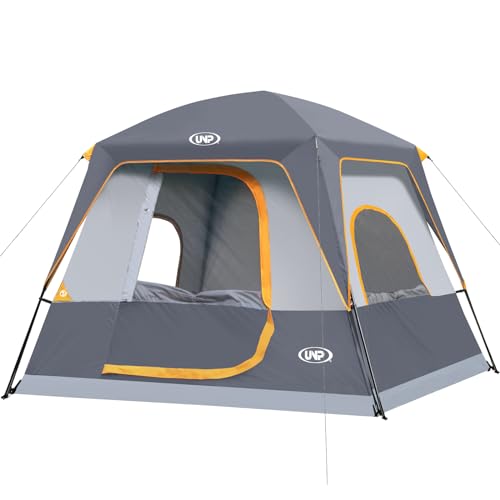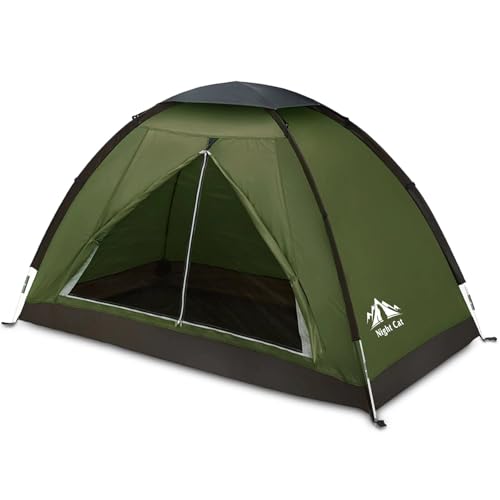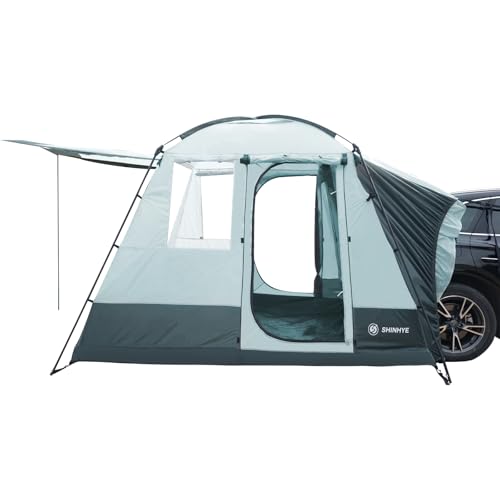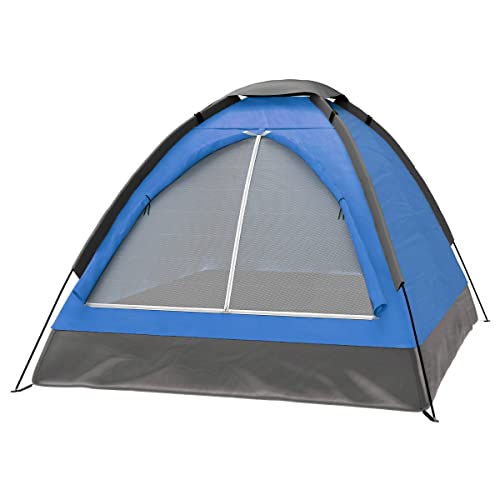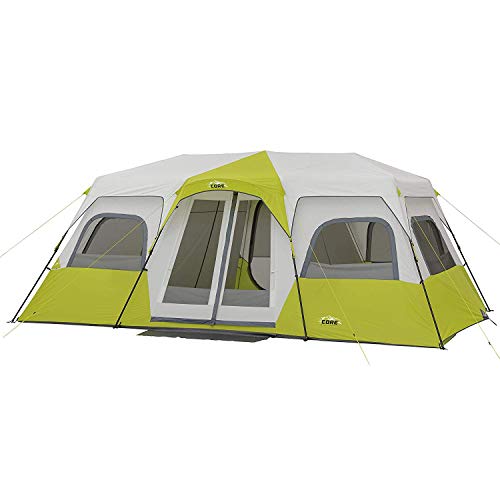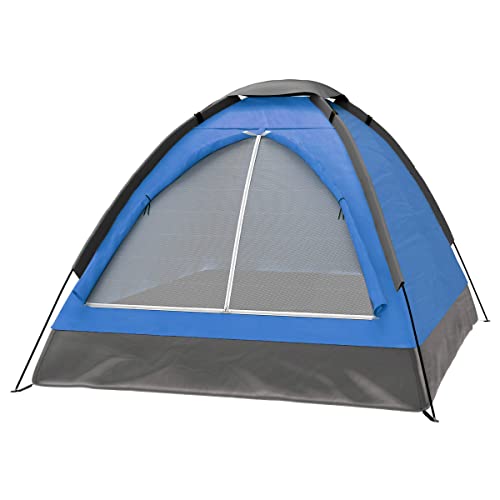How to Choose Camping Tent: Ultimate Guide for Outdoor Enthusiasts
Camping is fun. But you need a good tent. A good tent keeps you safe and dry. It also makes your trip better.
Why Choosing the Right Tent is Important
A tent is your home in the wild. If you choose the wrong tent, you may get wet. You may also get cold or uncomfortable.
Types of Camping Tents
There are many types of tents. Each type has its use. Here are some common types:
- Dome Tents: These tents are easy to set up. They are good for most trips.
- Cabin Tents: These tents are big. They are good for families.
- Backpacking Tents: These tents are small and light. They are good for hiking.
- Pop-up Tents: These tents are quick to set up. They are good for short trips.
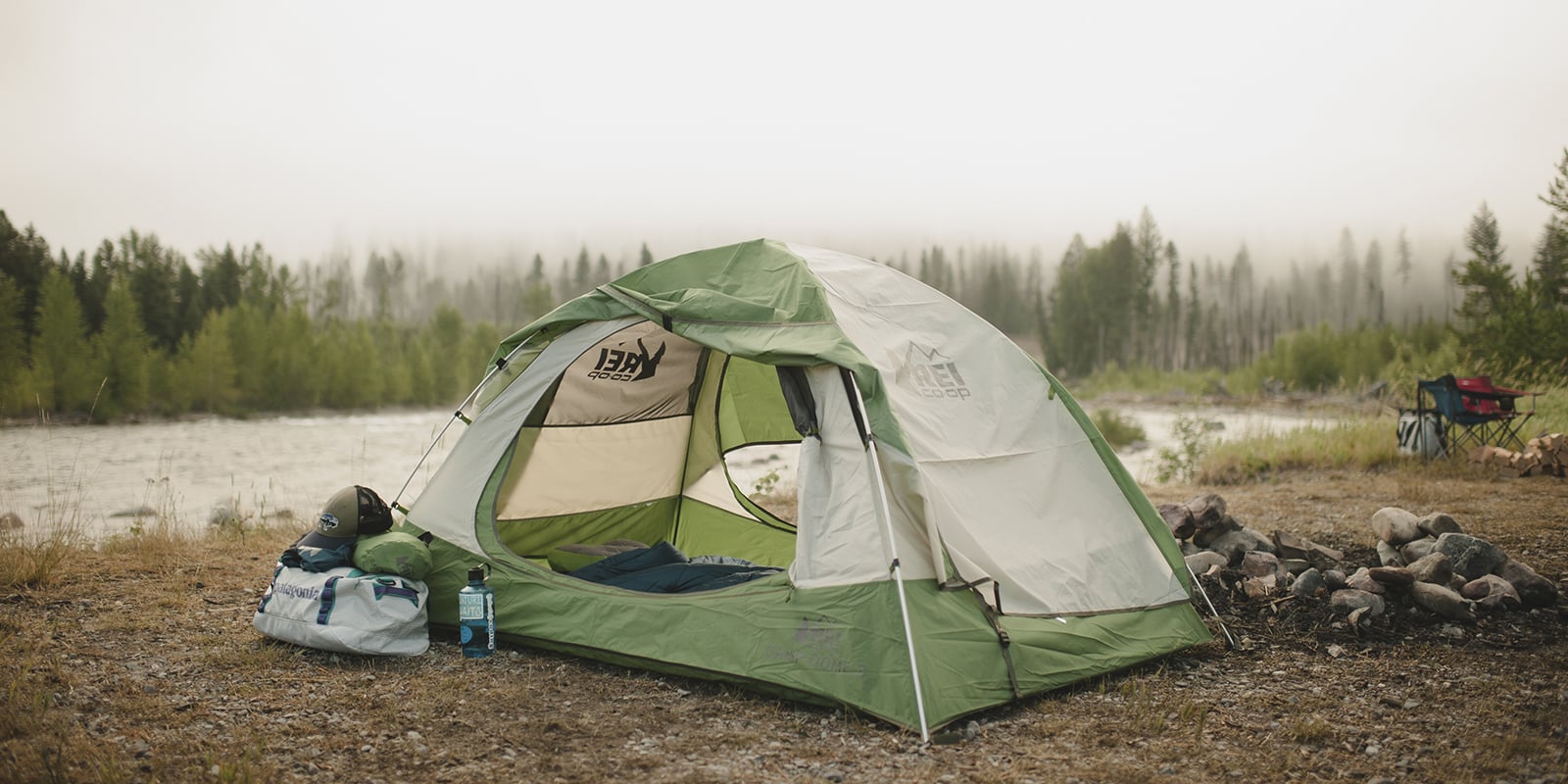
Size of the Tent
The size of the tent is important. You need enough space. But a big tent is heavy. Think about how many people will sleep in the tent.
Number Of People
Check the label on the tent. It tells how many people can sleep in it. But it may be tight. A four-person tent is good for three people.
Extra Space
Think about extra space. You need room for bags. You also need room to move around.
Weather Conditions
Think about the weather. Different tents are good for different weather.
Three-season Tents
These tents are good for spring, summer, and fall. They keep out rain and wind. They also keep you cool in summer.
Four-season Tents
These tents are good for winter. They are strong. They keep out snow and cold wind.
Material and Durability
The material of the tent is important. Good material lasts longer. It also keeps you dry.
Fabric
Most tents are made of nylon or polyester. Nylon is light. Polyester is strong. Both are good. But they need a waterproof coating.
Poles
The poles support the tent. They are made of aluminum or fiberglass. Aluminum is light and strong. Fiberglass is cheaper but can break.
Ventilation
Ventilation is important. You need fresh air in the tent. Good ventilation prevents condensation. Look for tents with mesh panels.
Ease of Setup
A tent should be easy to set up. This is very important. You do not want to struggle with it when you are tired.
Number Of Poles
More poles mean more work. Look for tents with fewer poles. Pop-up tents are the easiest to set up.
Instructions
Read the instructions. Practice setting up the tent at home. This will help you at the campsite.
Weight and Portability
The weight of the tent matters. If you are hiking, a light tent is better. If you are driving, weight is less important.
Packed Size
Check the packed size. Make sure it fits in your bag or car. A compact tent is easier to carry.
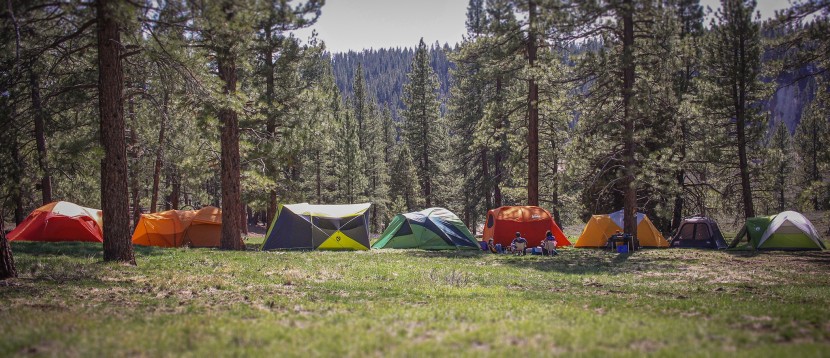
Cost
Cost is also important. More expensive tents are better. But you can find good tents for less money.
Budget
Set a budget. Look for tents within your budget. Do not buy the cheapest tent. It may not last long.
Value
Think about value. A good tent is worth the money. It will last longer and keep you safe.
Features to Consider
Some tents have extra features. These features can make your trip better.
Vestibules
Vestibules are small rooms in front of the tent. They are good for storing bags and shoes.
Interior Pockets
Interior pockets keep things organized. They are good for small items like phones and keys.
Rainfly
A rainfly is a cover for the tent. It keeps out rain. Some tents have a full rainfly. Others have a partial rainfly.
Footprint
A footprint is a groundsheet for the tent. It protects the bottom of the tent. It also keeps out moisture.
Conclusion
Choosing a camping tent is important. Think about the size, weather, material, and cost. Look for features that make your trip better. A good tent makes camping fun. Enjoy your trip!
